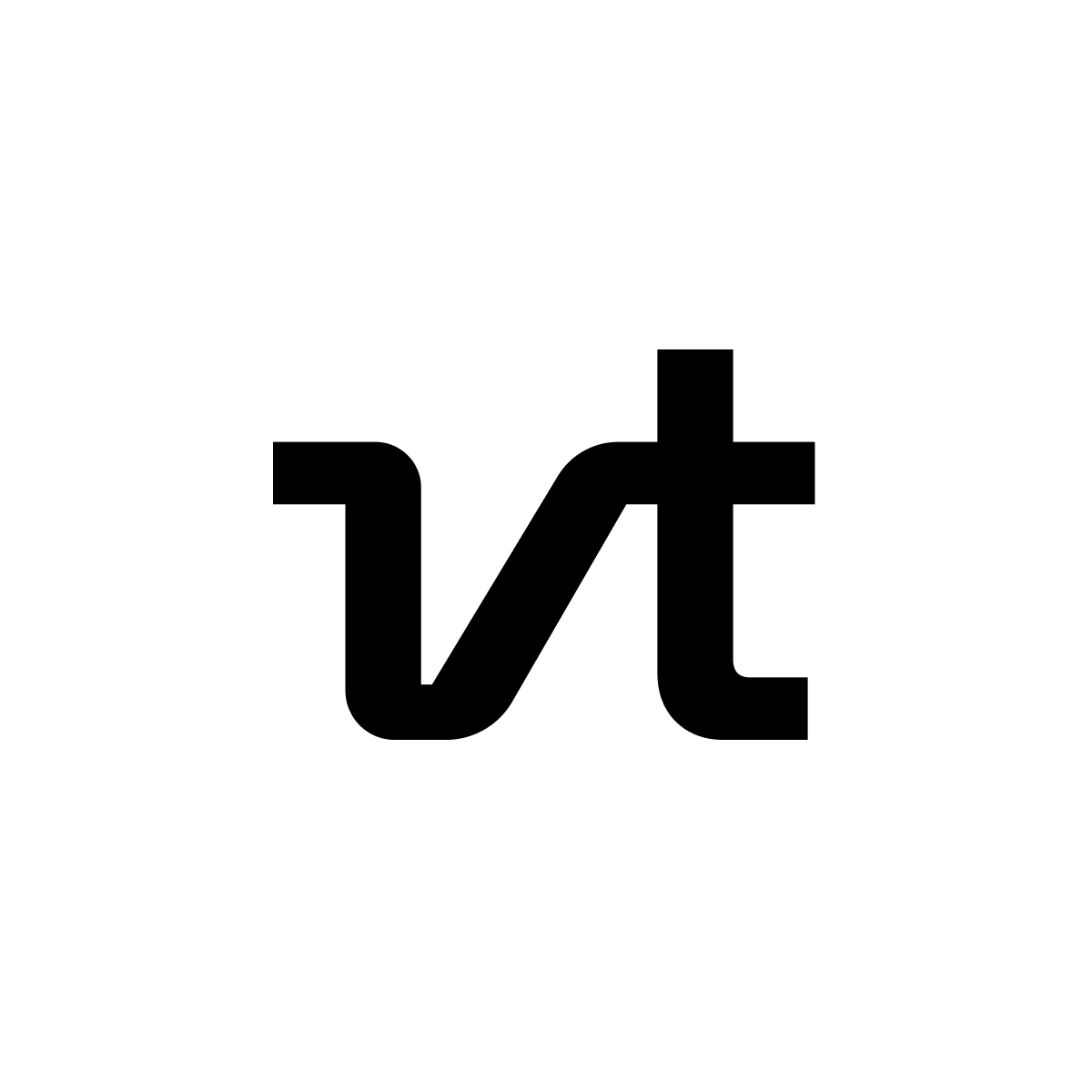
std
openai
Script
OpenAI - Docs ↗ Use OpenAI's chat completion API with std/openai . This integration enables access to OpenAI's language models without needing to acquire API keys. For free Val Town users, all calls are sent to gpt-4o-mini . Basic Usage import { OpenAI } from "https://esm.town/v/std/openai";
const openai = new OpenAI();
const completion = await openai.chat.completions.create({
messages: [
{ role: "user", content: "Say hello in a creative way" },
],
model: "gpt-4",
max_tokens: 30,
});
console.log(completion.choices[0].message.content); Images To send an image to ChatGPT, the easiest way is by converting it to a
data URL, which is easiest to do with @stevekrouse/fileToDataURL . import { fileToDataURL } from "https://esm.town/v/stevekrouse/fileToDataURL";
const dataURL = await fileToDataURL(file);
const response = await chat([
{
role: "system",
content: `You are an nutritionist.
Estimate the calories.
We only need a VERY ROUGH estimate.
Respond ONLY in a JSON array with values conforming to: {ingredient: string, calories: number}
`,
},
{
role: "user",
content: [{
type: "image_url",
image_url: {
url: dataURL,
},
}],
},
], {
model: "gpt-4o",
max_tokens: 200,
}); Limits While our wrapper simplifies the integration of OpenAI, there are a few limitations to keep in mind: Usage Quota : We limit each user to 10 requests per minute. Features : Chat completions is the only endpoint available. If these limits are too low, let us know! You can also get around the limitation by using your own keys: Create your own API key on OpenAI's website Create an environment variable named OPENAI_API_KEY Use the OpenAI client from npm:openai : import { OpenAI } from "npm:openai";
const openai = new OpenAI(); 📝 Edit docs
5

std
email
Script
Email - Docs ↗ Send emails with std/email . You can only send emails to yourself if you're on Val Town Free. If you're on Val Town Pro , you can email anyone. Want to receive emails instead? Create an email handler val Basic usage import { email } from "https://esm.town/v/std/email";
await email({ subject: "New Ink & Switch Post!", text: "https://www.inkandswitch.com/embark/" }); subject The email subject line. It defaults to Message from @your_username on Val Town . to , cc , and bcc By default, the to field is set to the owner of the Val Town account that calls it. If you have Val Town Pro, you can send emails to anyone via the to , cc , and bcc fields. If you don't have Val Town Pro, you can only send emails to yourself, so leave those fields blank. from The from is limited to a few options: It defaults to notifications@val.town if you don't specify it. If you do specify it, it must be of the form: your_username.valname@valtown.email . replyTo replyTo accepts a string email or an object with strings for email and name (optional). This can be useful if you are sending emails to others with Val Town Pro. import { email } from "https://esm.town/v/std/email";
await email({
to: "someone_else@example.com",
from: "your_username.valname@valtown.email",
replyTo: "your_email@example.com",
text: "these pretzels are making me thirsty",
}); Attachments You can attach files to your emails by using the attachments field.
Attachments need to be Base64 encoded,
which is what the btoa
method is doing in this example: import { email } from "https://esm.town/v/std/email";
export const stdEmailAttachmentExample = email({
attachments: [
{
content: btoa("hello attachments!"),
filename: "test.txt",
type: "text",
disposition: "attachment",
},
],
}); Here's an example sending a PDF . Headers You can set custom headers in emails that you send: import { email } from "https://esm.town/v/std/email?v=13"
console.log(
await email({
text: "Hi",
headers: {
"X-Custom-Header": "xxx",
},
}),
) This is also documented in our REST API , and supported in the SDK . 📝 Edit docs
7
Updated: May 4, 2024
